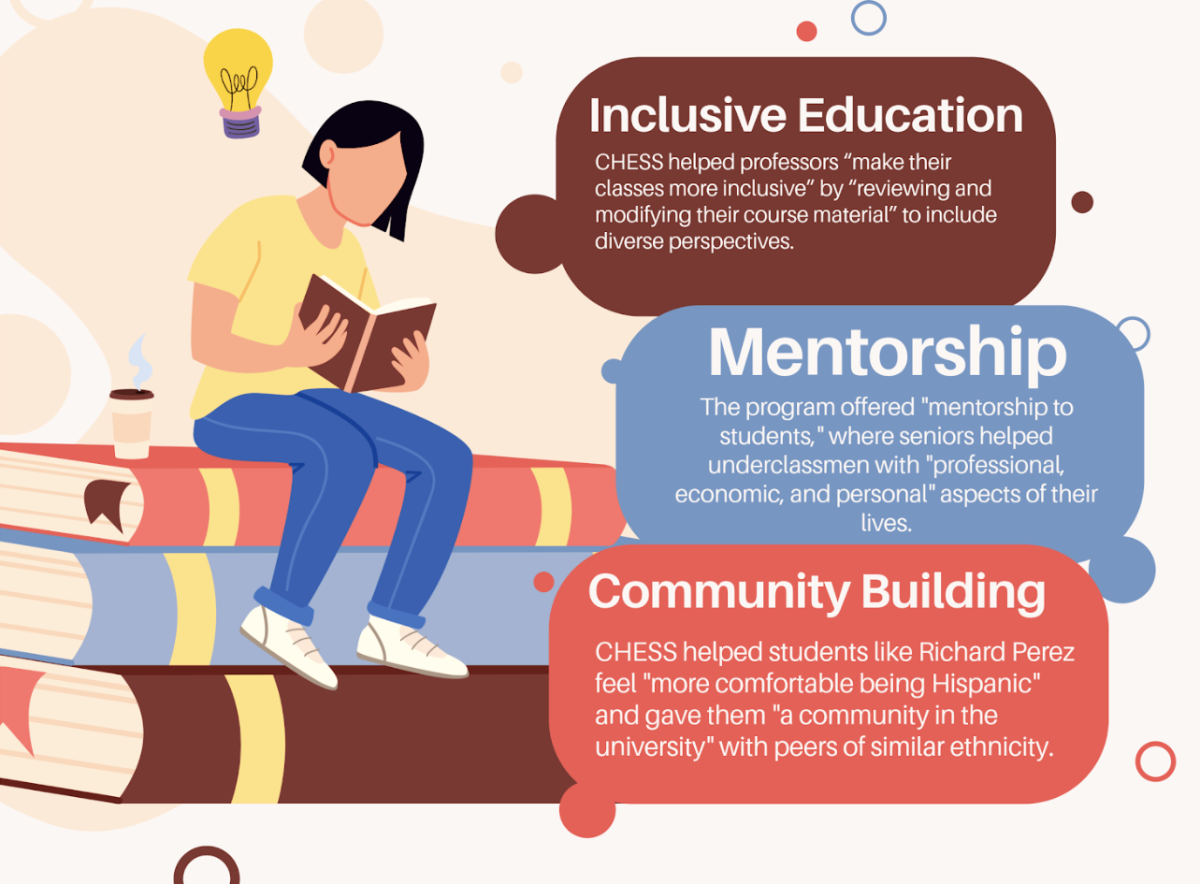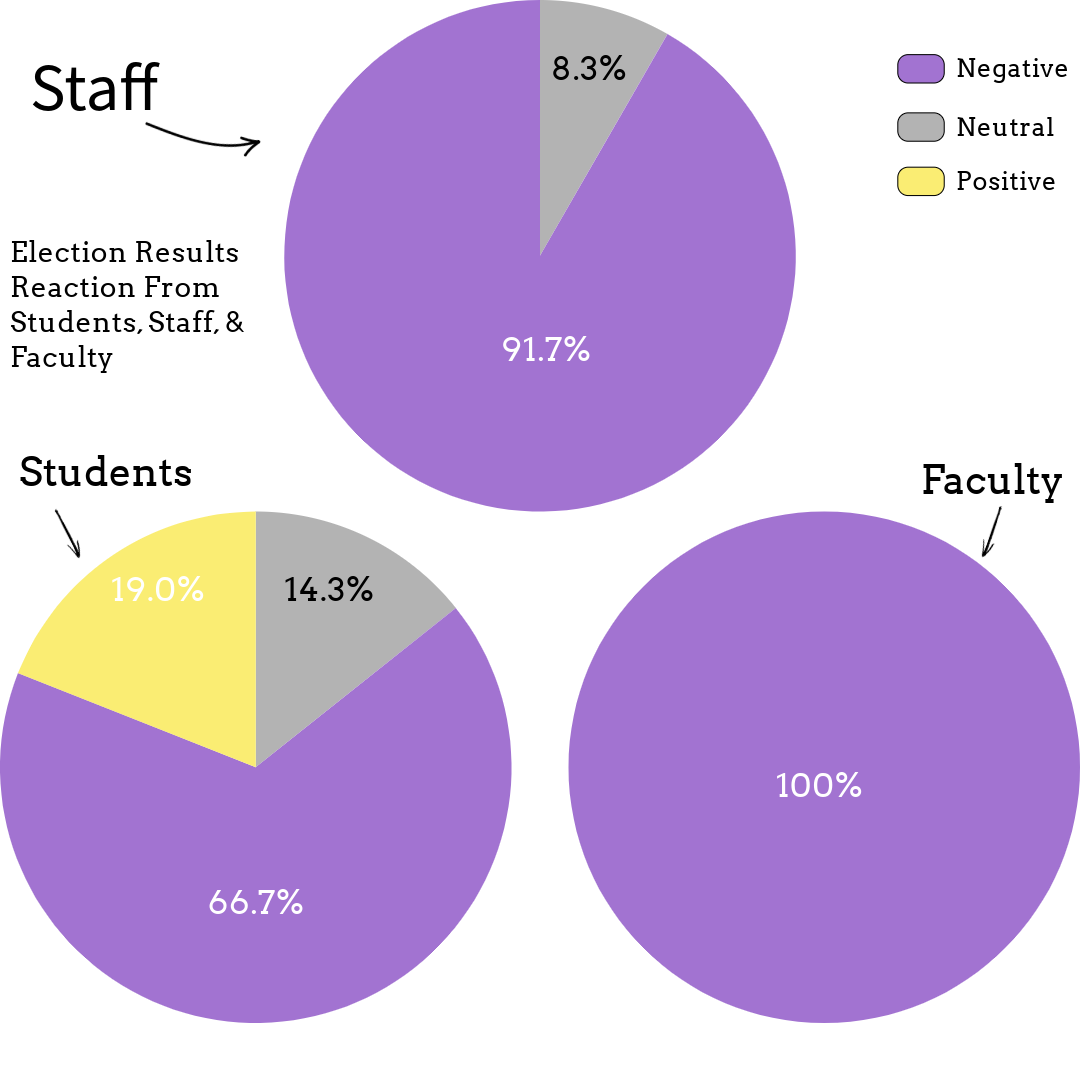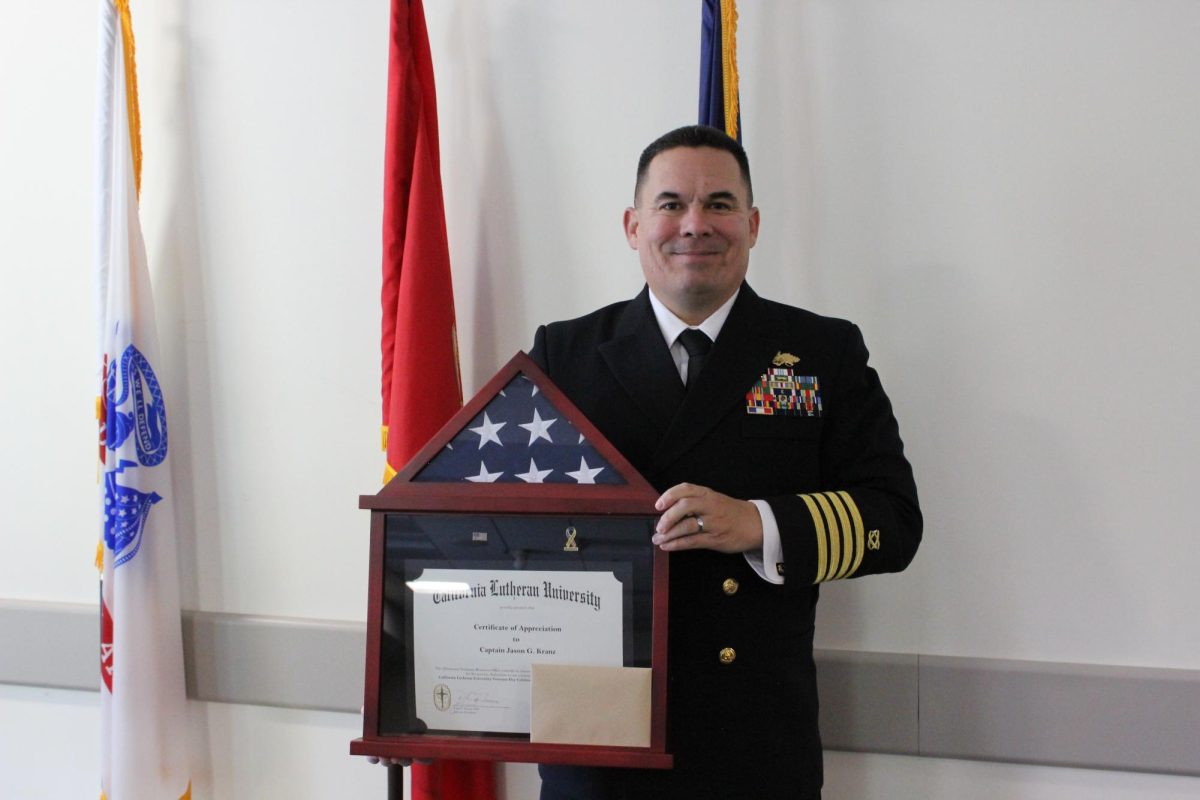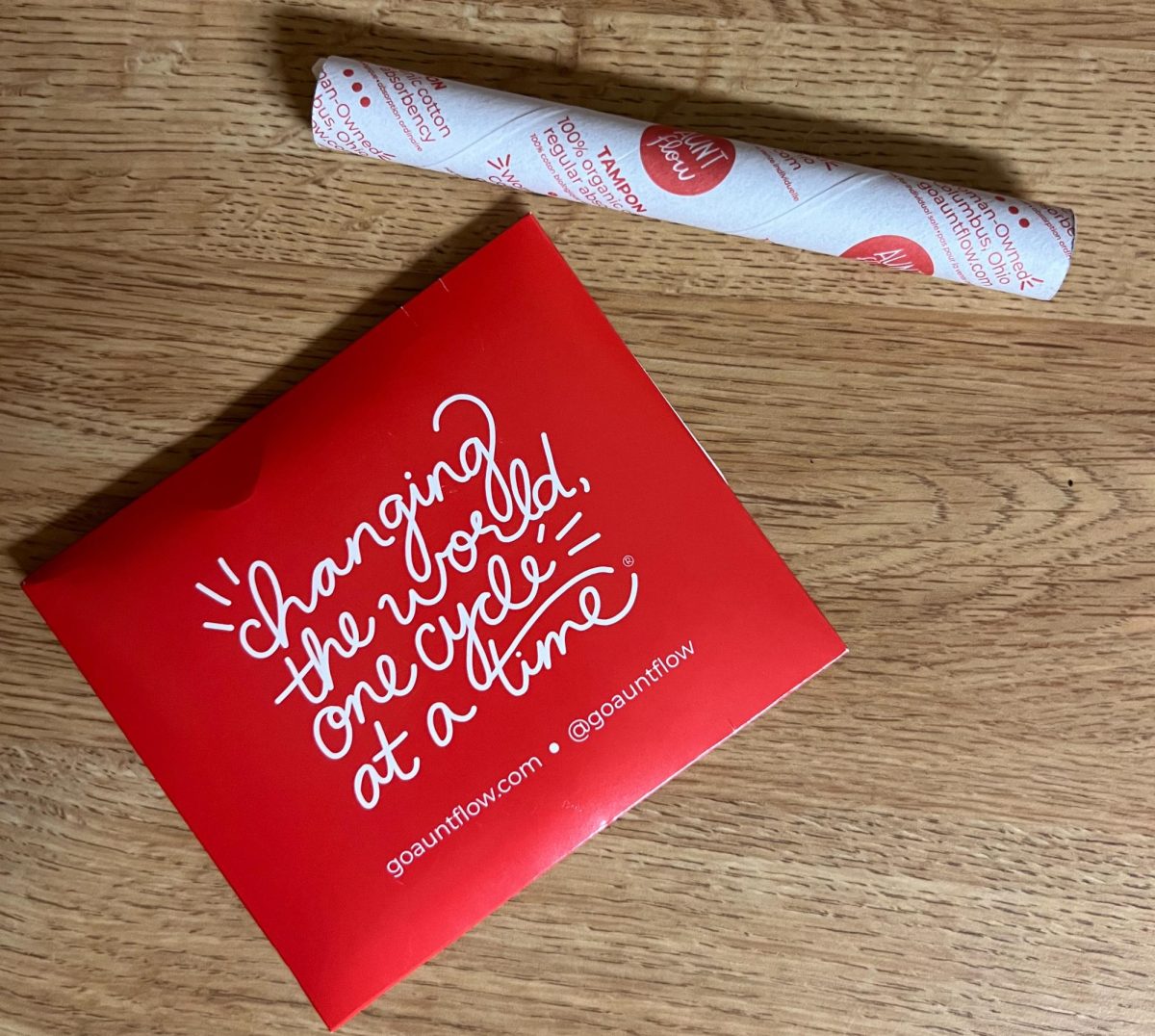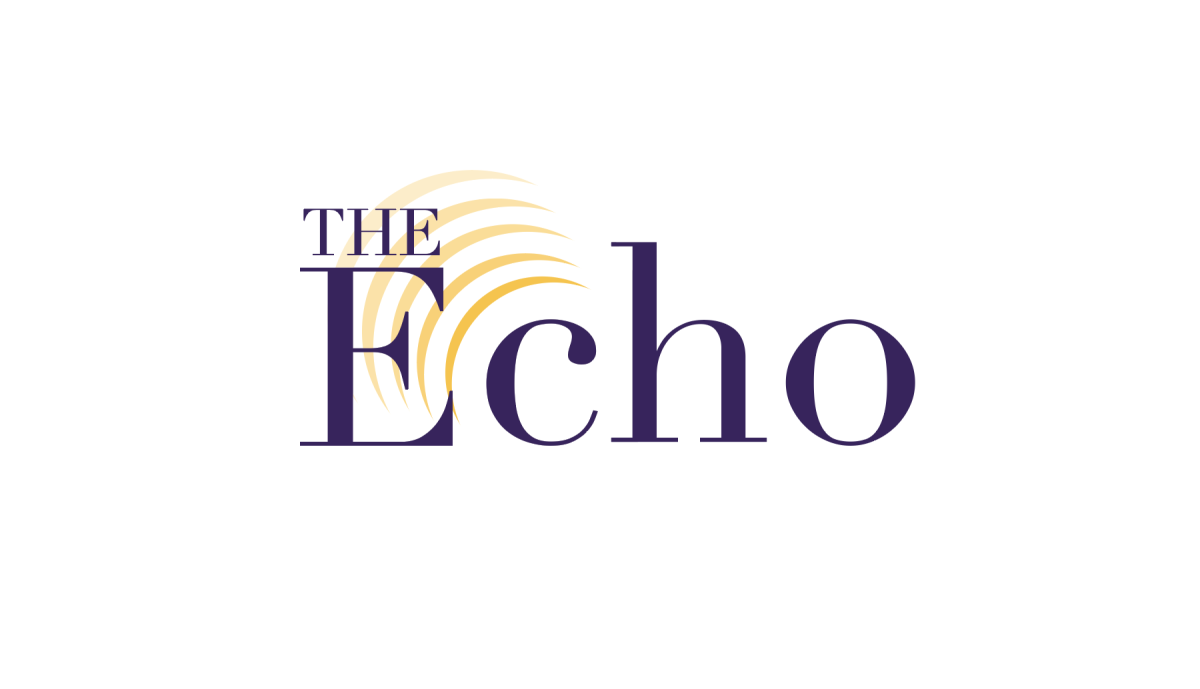Editor’s Note: This article is a direct translation of the El Eco article of the same name. You can find the Spanish version here.
The Collaborative for Hispanics in Higher Education and Student Success Project came to an end after six years of serving the community at California Lutheran University.
Silvia Neves, director of Project CHESS, said that the program coming to end was bound to occur. Neves said that in 2019, Cal Lutheran had received a non-renewable collaborative grant from the Department of Education so the program could exist for five years.
Due to the pandemic, Project CHESS did not use all the financial resources for that year. Therefore, they managed to expand the program for an additional year, according to Neves. The collaborative grant worked alongside Moorpark and Oxnard College during that time period that Project CHESS was active in the university.
“Project CHESS started as a type five grant by the government for males that identify as hispanic, now that it is over, well the school is no longer offering it,” Justin Duverge Jimenez, third-year student, said.
Project CHESS, according to Neves, had many initiatives that would not just affect students but also professors. One initiative was Faculty Learning Culturally Inclusive & Responsive Curricula for Learning Equity. Neves said another initiative was Male Mentoring, aimed for students.
Neves said the initiative Faculty Learning CIRCLE’s primary objective was to educate professors at Cal Lutheran in how to make classes more inclusive to the many cultures that can be in classes. At the same time, Neves said professors learned how to teach a diverse group of students putting aside prejudices and assimilating cultural differences.
During the period of one year, professors reviewed their course materials and modified them to become more diverse, this includes different reading material from authors of diverse ethnicities. Professors also learned to use different strategies and how to teach students to have an “open mind” about different cultures.
Neves said that the legacy that this program left within Cal Lutheran professors who were part of the program, now know more about different cultural backgrounds and perspectives.
During the six years that the subversion was active, Neves said, approximately 100 academic courses were modified to be more inclusive.
The Male Mentoring initiative, according to Neves, was a seminar of around 20 students, who attended various events outside of the regular class meeting. According to Neves, in this program, upperclassmen students would offer mentorship to underclassmen students.
This initiative was dedicated to helping male students that were considered to be a part of a minority group feel more comfortable at a university by offering help in different aspects of their lives, including professionally, financially and personally.
“They helped me feel more comfortable being Hispanic,” Richard Perez, third-year student, said.
Perez also said that the program helped him feel comfortable with his personal finances, in the same way the program helped him become more professional and understand how to behave and communicate in a work environment.
“From project CHESS, I learned how to improve my resume, LinkedIn and how to act in a professional environment,” Duverge said.
Another aspect that also impacted the lives of Perez and Duverge was meeting more individuals with their same ethnicity. By meeting individuals of the same ethnicity, they can share similar experiences and learn about their experiences.
“Well, now I have friends like RJ [Perez],” Duverge said. “I have a community of men and people on this campus of my same ethnicity, I feel more situated at this university.”
Neves said that even though the grant has ended, the mission of Project CHESS will continue at the university as a club. This student-led club will be called “Hermanos Unidos”, and will be open to all Cal Lutheran students.
“We are still in the conversion process. There is no official club at the moment,” Duverge said. “However, we are trying to negotiate with the senate of the student government to try to make this club a reality.”
Perez said that when the club is approved, he will join the club. He also invites all students to join as well, regardless of whether they are first generation or students of non-Latino ethnicity. Perez also said that the club will be a united community, with diverse experiences from which members can learn and where members support each other to be successful in the professional path they choose.

